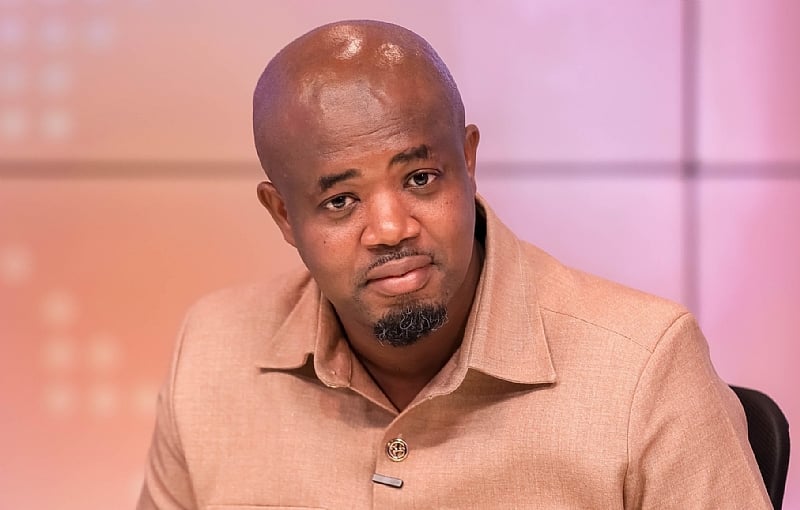The dismissal of Chief Justice Gertrude Torkonoo has ignited a fierce debate in Ghana, with legal and political figures clashing over the justification and implications of the president’s decision. At the center of this controversy is the alleged misconduct of Justice Torkonoo, which served as the basis for her removal. Adding fuel to the fire are the conflicting statements made by former Chief Justice Sophia Akufo, who has seemingly contradicted herself by acknowledging the existence of misconduct while simultaneously downplaying its severity. Godwin Edudzi Tameklo, Director of Legal Affairs for the National Democratic Congress (NDC), has sharply criticized Justice Akufo’s stance, labeling it hypocritical and detrimental to the integrity of the judiciary.
The core of the disagreement revolves around the interpretation of Justice Torkonoo’s actions. While Justice Akufo concedes that misconduct occurred, she argues that it was insufficient grounds for dismissal. This position has been challenged by Mr. Tameklo, who contends that any instance of misconduct, regardless of its perceived magnitude, erodes public trust in the judicial system. He underscores the importance of maintaining the highest ethical standards within the judiciary to ensure its credibility and impartiality. This fundamental difference in perspective highlights the complex nature of the issue, where the definition and consequences of misconduct become central to the debate.
The process leading to Justice Torkonoo’s dismissal, initiated by President John Dramani Mahama based on the recommendation of the Article 146 Committee chaired by Justice Gabriel Pwamang, has also come under intense scrutiny. Justice Akufo has vehemently denounced the proceedings, characterizing them as unjust and politically motivated. She has expressed deep concern about the potential damage to Ghana’s democratic reputation caused by what she perceives as a politically driven attack on judicial independence. Her strong words reflect a wider unease among some observers who fear that the removal of a Chief Justice under these circumstances could set a dangerous precedent, potentially undermining the separation of powers and the rule of law.
Further intensifying the controversy are Justice Akufo’s claims that Justice Torkonoo was denied a fair hearing. She likens the proceedings to a “treason trial,” suggesting an overly aggressive and biased approach that disregarded due process. This accusation raises serious questions about the fairness and transparency of the process, and whether Justice Torkonoo was afforded the opportunity to adequately defend herself against the allegations. The comparison to a treason trial underscores the gravity of the situation and highlights Justice Akufo’s belief that the proceedings were unduly harsh and disproportionate to the alleged offense.
Opposition voices, echoing Justice Akufo’s sentiments, have framed Justice Torkonoo’s removal as a politically motivated assault on judicial independence. This perspective casts the dismissal as a calculated move to exert political control over the judiciary, potentially jeopardizing its ability to function as an impartial arbiter of justice. The narrative of a politically orchestrated removal resonates with concerns about the potential erosion of democratic norms and the delicate balance of power between branches of government.
The implications of this controversy extend far beyond the immediate circumstances of Justice Torkonoo’s dismissal. It has sparked a broader conversation about the role of the judiciary in a democratic society, the importance of upholding judicial independence, and the potential consequences of politicizing judicial appointments and removals. The debate also raises critical questions about the process for investigating and addressing allegations of judicial misconduct, and the need for a transparent and impartial mechanism to ensure accountability while protecting the integrity of the judicial branch. The ongoing debate underscores the fragility of democratic institutions and the constant vigilance required to safeguard them from undue political influence.


